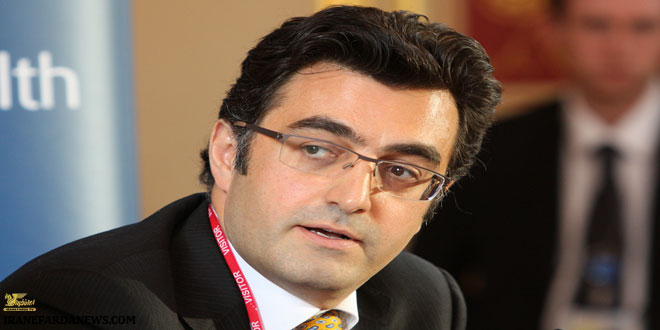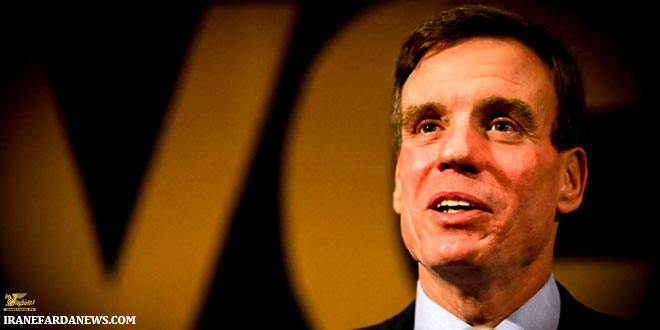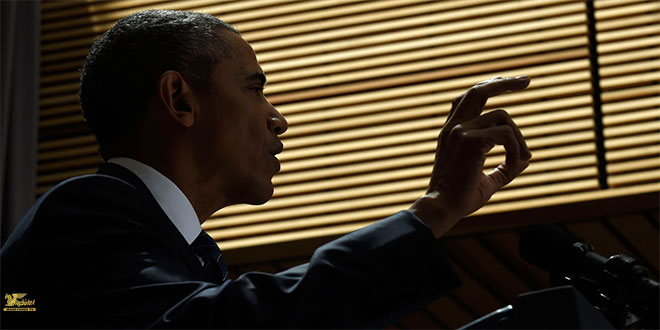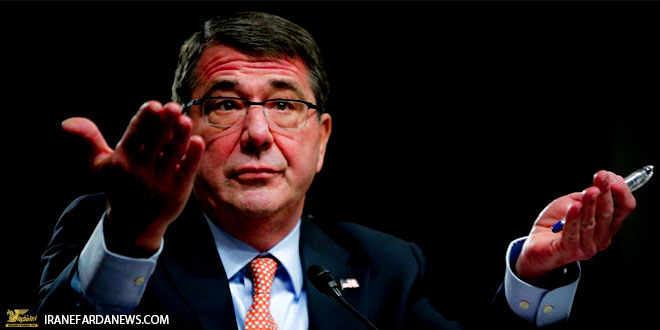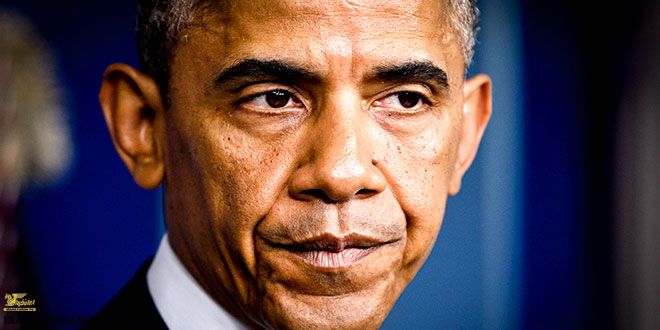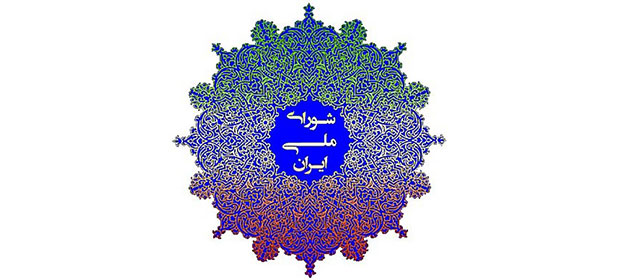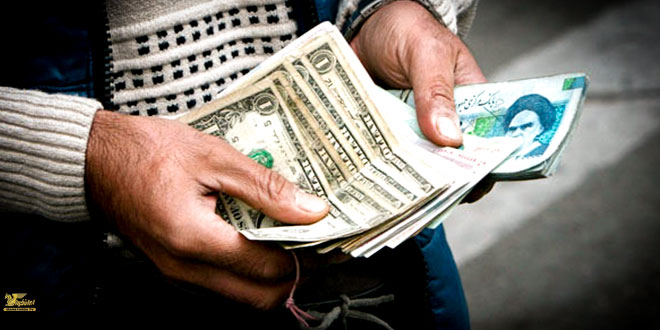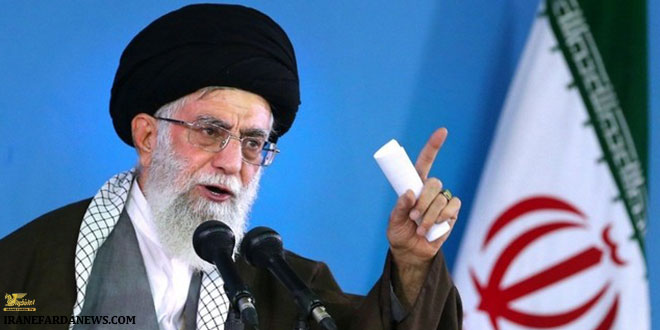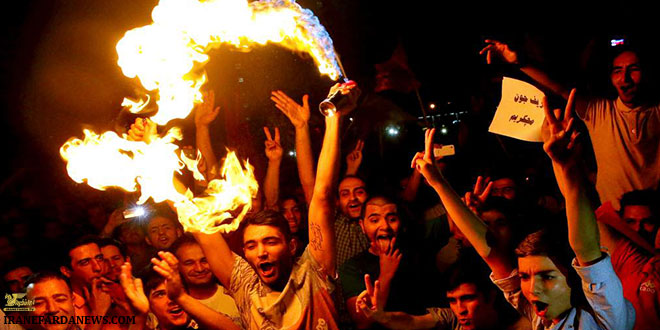What Tehran Needs to Do to Fix its Finances

By Masoud Movahed–
The deal between Iran and the P5+1 powers could not have come sooner for the Iranian economy, which has been crippled by some of the twenty-first century’s strictest economic sanctions. TheUnited Nations Security Council’s trade embargoes against Tehran caused the state’s oil revenues to shrink daily, and made Iran’s national currency devalue by almost 80 percent. Unemployment and inflation simultaneously soared to unprecedented levels, and the Iranian economy plummeted to pre-sanctions levels. Read More »
 khalijefars News, Blogs, Art and Community
khalijefars News, Blogs, Art and Community
